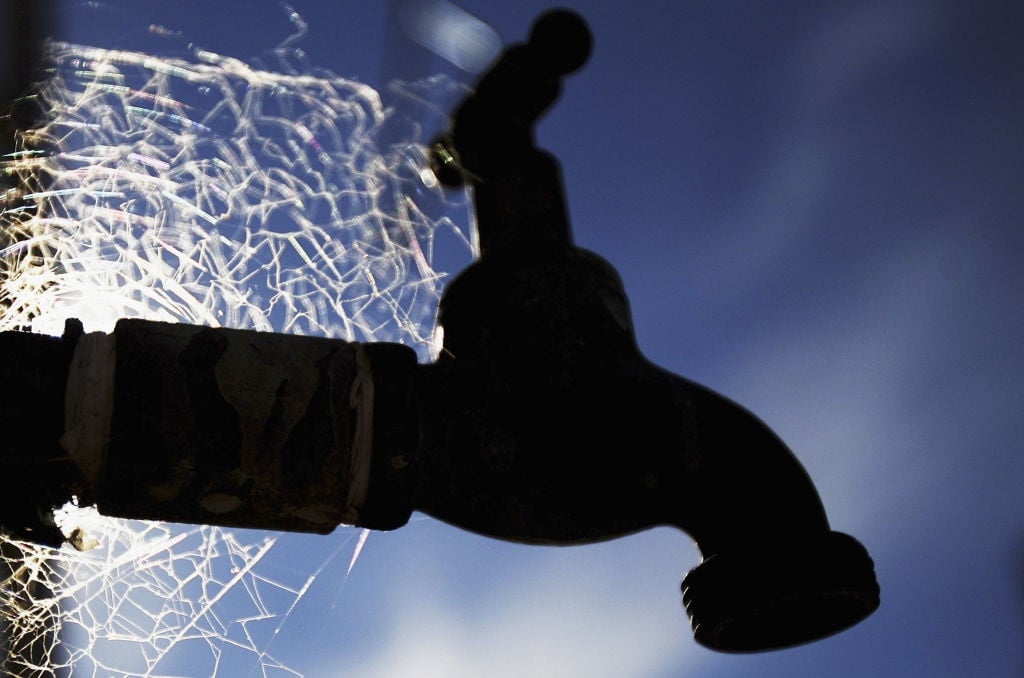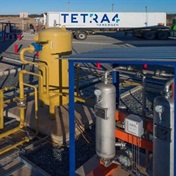
- Many of SA's water boards are underspending on vital maintenance, the office of the Auditor-General has said.
- Boards are struggling to recover what they are owed by municipalities for the provision of bulk water.
- A lack of funds mean they take an average of almost a year to pay creditors - with the worst performer taking an average of five years to pay up.
- For more stories, go to the News24 Business front page.
Cash-strapped water boards are struggling to conduct planned maintenance or pay creditors on time, Parliament has heard.
Eight water boards across the country supply clean bulk water to municipalities, which in turn supply water to residents.
Most have for years been plagued by bad financial planning, a lack of investment, underspending on maintenance and difficulties in collecting debt from municipalities, which have resulted in poor audit outcomes.
In the most recent financial year, they incurred R1.9 billion in irregular expenditure and R296 million in fruitless and wasteful spending - which was, however, a decrease of 41% from the previous year.
Earlier this year, things got so bad that the debt-laden Sedibeng water board, which served some areas of the Free State, North West and Northern Cape, was disestablished and merged with two better-performing boards.
Underspending
The office of the Auditor-General (AG) reported to Parliament's oversight committee on water and sanitation that only three water boards achieved their own maintenance targets in the most recent financial year.
Maintenance spend was calculated as a percentage of the value of the water board's assets.
The country's largest water board, Rand Water, spent only 0.25% of the value of its assets on repairs and maintenance, the lowest in the country. Overberg Water spent the most, with 6%.
The AG's office added that dire financial state of municipalities directly impacted how much the water boards could earn. When municipalities did not pay the boards on time for the provision of bulk water, the boards ended up not having enough cash to do planned maintenance.
It also meant they battled to pay creditors on time. All water boards took longer than the government-mandated target of 30 days to pay suppliers.
Overall, the boards took an average of 341 days to pay what they owed, which the AG's office said strained the ability of the creditors to stay in business.
READ | Vital wastewater treatment plants collapsing from years of neglect, says Auditor-General
These multiyear delays meant it racked up interest and penalties fees of over R200 million, which contributed to it being dissolved in July.
The best performer was Overberg Water, which took 34 days to pay suppliers.
Who gets to define a water outage?
Problems with creditors and maintenance were far from the only difficulties the water board faced.
The AG's office said each water board was in the habit of crafting its own performance indicators.
This made comparing boards tricky, as they used differing definitions for things like water losses or supply interruptions.
For example, Rand Water said it had zero days of water interruption in the 2020/21 financial year. But it did not count planned water interruptions or unplanned outages of less than 24 hours as "interruptions," whereas other boards did.
MPs argued that Rand Water's definition held little value, as all water outages impact residents.
The report prepared by the AG was the first time it had compared the audit outcomes of water boards.
It recommended that the Department of Water and Sanitation create standard indicators and targets to be used by all boards.
It also suggested that MPs call in the heads of water boards to quiz them in detail about underspending on maintenance and excessive delays in paying creditors.




 Publications
Publications
 Partners
Partners












